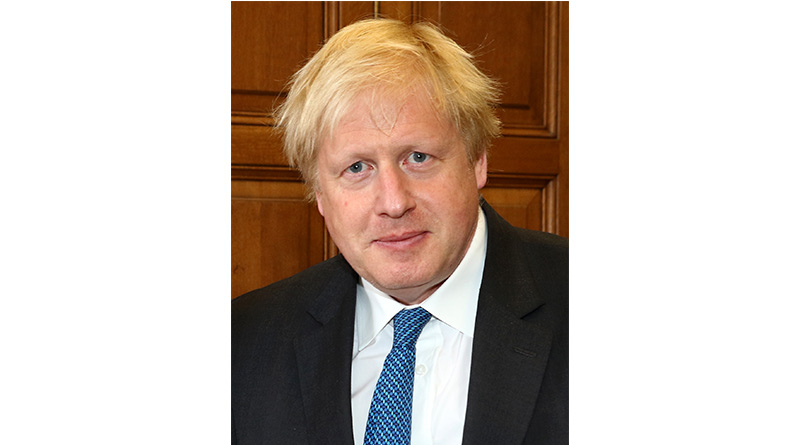“Nothing In Data’ To Delay June 21 Reopening Says PM

Prime Minister Boris Johnson has indicated that he still sees nothing in the data to suggest the plan to end all Covid restrictions on June 21 will need to be delayed, telling reporters he still did not see anything in the data so far which could suggest a lockdown lifting delay. He added the data was still ambiguous however and that he is working closely with scientists to react to any sudden surge in cases or deaths. “.
Scientists have been calling for what has been dubbed ‘freedom day’ to be pushed back over concerns of the spread of the India variant.
Professor Ravi Gupta said the country was in the early days of a ‘third wave’ and suggested a delay to unlocking of a ‘few weeks’.
However, when asked about the Prime Minister’s plans, a Number 10 spokesman pointed to Mr Johnson’s comments on Thursday when he said “I don’t see anything currently in the data” to divert from the June 21 target for the next stage of exiting lockdown.
The spokesman added: “The Prime Minister has said on a number of occasions that we haven’t seen anything in the data but we will continue to look at the data, we will continue to look at the latest scientific evidence as we move through June towards June 21.”
Professor Ravi Gupta, added that the UK’s pandemic picture had changed since its road map to recovery was drawn up, chiefly through the emergence of the Indian B1617.2 strain of the virus.
He also warned the increased socialisation following last month’s easing of restrictions could lead to “quite a lot” of hospital admissions, and said while Britain had performed “amazingly well” in its vaccination programme, it was still too early “to put the vaccine straight up against the virus”.
However, Robert Dingwall, professor of sociology at Nottingham Trent University, criticised those who were calling for a delay to the June 21 easing and said that it was important to press ahead with the reopening.”
In an interview he said: “I personally, I don’t see any case for delay, from a societal point of view, I think it’s really important that we go ahead on June 21, and I’ve not really seen anything in the data that would lead me to doubt that as a proposition on the evidence to date.”
Professor Dingwall added: “I think we need to recognise the way in which levels of fear and anxiety in the population have been amplified over the last 15 months or so.
“We’ve got to look at the collateral damage in terms of untreated cancers, untreated heart conditions, all of the other things that people suffer from.
“We’ve got to think about the impact of economic damage that would be caused by further periods of delay and uncertainty.
“What we see at the moment I think is really a preview of what it means to live with Covid as an endemic infection – these waves will come, they will pass through; there will be high levels of mild infections in the community for periods of time, a handful of people may be seriously ill, even fewer may die.”But that’s what happens with respiratory viruses, and we’ve lived with 30-odd respiratory viruses for since forever.”An official decision is not expected until June 14.
